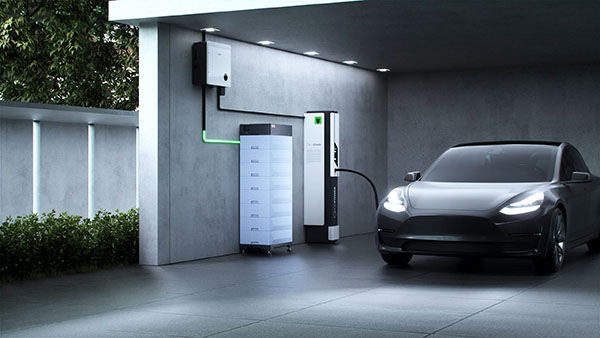
You may wonder whether rain creates dangers when you plug in your electric car. Manufacturers have already considered this risk. Over the years of development, they have added many waterproof layers to every modern EV charger. These layers protect both the charger and the car’s charging port. Therefore, you can safely charge your EV in the rain.
The yardstick is the Ingress Protection (IP) rating. The rating shows how well a device keeps out dust and water. Below are the two common levels for EV chargers.
IP65: An EV charger with this seal withstands low-pressure water jets. Its key parts stay dry and undamaged. This level handles ordinary rain with ease.
IP67: An EV charger that meets this level can sit under water for a long time without letting water inside. Most EV chargers on the market today reach this standard. Thus, you can relax about charging in the rain.
Follow these steps to stay safe and keep your equipment in good shape.
First, watch where you park. Do not charge in deep standing water. Large puddles can touch the car and may cause a short circuit.
Second, before you plug in, check both the car’s inlet and the EV charger plug for visible water. Even though both parts are sealed, wet surfaces can still lead to poor contact and hidden risks.
Third, inspect the EV charger itself. Look for cracks, frayed cables, or any other damage. If you find a problem, stop at once. Call the service team and do not resume charging until they fix the issue.
Finally, when the session ends, make sure the charging port is dry. Then close the cap firmly. This simple step prevents water from pooling inside and harming the pins.

Home EV chargers also use surge protection, yet lightning is different. A strike can send a huge voltage spike through the lines. This surge may damage or even destroy charging gear. Because of this risk, avoid charging during an active thunderstorm.
While you charge in the rain, listen for odd noises or sniff for strange smells. If you are at a public station, keep a safe distance and alert the staff at once. If you are at home, switch off the breaker immediately. Then call a qualified technician. These events are rare, but you should still know the routine.
In short, you can charge your EV in the rain with confidence. Modern EV chargers use proven waterproof and dustproof technology. Smart cut-off systems add another layer of safety. You do not need to worry about ordinary rainfall. However, thunder and lightning can still interfere with the process, so try to avoid charging during electrical storms.